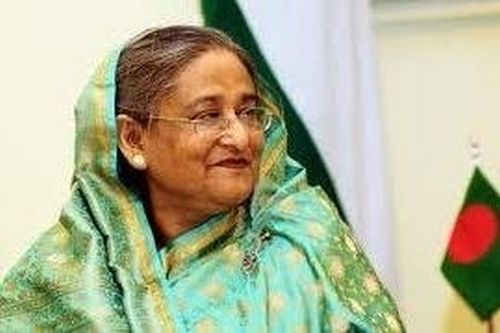BEIRUT: Lebanon’s state news agency said Friday that an Israeli airstrike cut a primary border crossing point between Lebanon and Syria, days after it was reopened. Lebanon’s National News Agency said the airstrike on the Arida border crossing in the country’s north caused heavy material damage and cut the road.
Al-Watan, a pro-government daily newspaper in Syria, also reported that the border crossing was closed in the early Friday airstrike.
The Israeli military said fighter jets attacked the border crossing between Lebanon and Syria, adding that they were used to transfer munitions for Lebanon’s Hezbollah group.
Over the past two months, Israel’s airstrikes closed several border crossings between Lebanon and Syria. The Arida border crossing was attacked in late November and reopened days later before it was struck again.
Syrian insurgents enter 2 central towns, bringing them close to the city of Homs BEIRUT — Syrian insurgents entered two central towns early Friday just north of the central city of Homs, bringing them closer Syria’s third largest city, an opposition war monitor and pro-government media both reported.
The break into Rastan and Talbiseh came a day after opposition gunmen captured the central city of Hama, Syria’s fourth largest, after the Syrian army said it withdrew to avoid fighting inside the city and spare the lives of civilians.
The insurgents, led by the jihadi Hayat Tahrir al-Sham group, or HTS, have said that they will march to Homs and Damascus, President Bashar Assad’s seat of power.
The city of Homs, parts of which were controlled by insurgents until 2014, is a major intersection point between the capital, Damascus, and Syria’s coastal provinces of Latakia and Tartus where Assad enjoys wide support. Homs province is Syria’s largest in size and borders Lebanon, Iraq and Jordan.
Insurgents are now 5 kilometers (3 miles) away from Homs, according to the Britain-based Syrian Observatory for Human Rights, an opposition war monitor.
“The battle of Homs is the mother of all battles and will decide who will rule Syria,” said Rami Abdurrahman, the Observatory’s chief.






